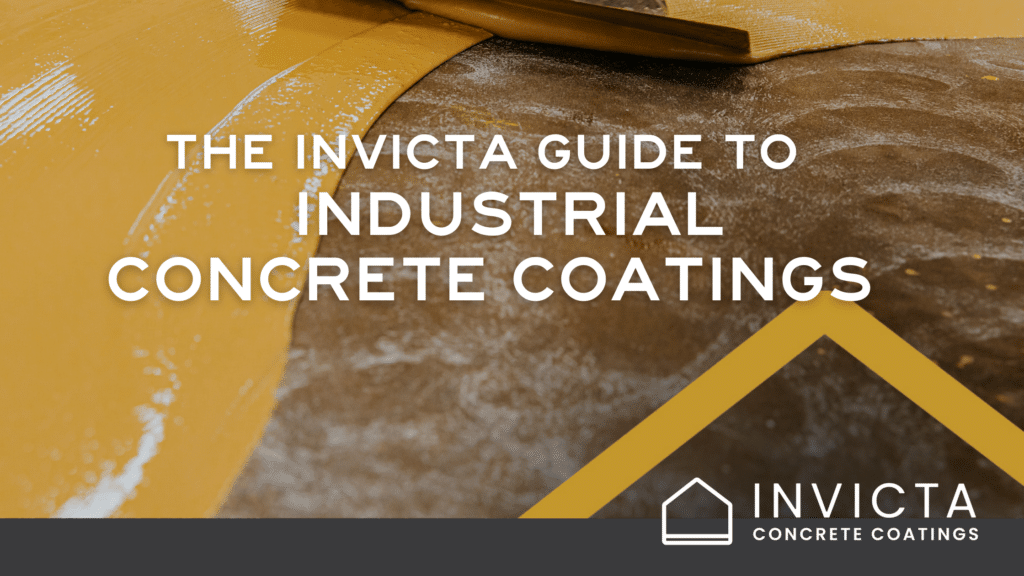When it comes to improving the durability, appearance, and functionality of concrete floors in industrial settings, choosing the right coating is essential. Industrial concrete coatings protect against the wear and tear of daily operations, heavy foot traffic, chemical exposure, and environmental factors. Understanding the different types of industrial concrete coatings and the pros and cons of each surface finish can ensure you get long-lasting and aesthetically pleasing results.
The Importance of Industrial Concrete Coatings
Concrete floors in industrial spaces face significant stress. Industrial concrete coatings serve as a protective barrier, extending the lifespan of the floor, preventing cracks, stains, and abrasions, and making maintenance easier.
The type of floor you need will depend on how frequently you handle chemicals, how much sun the area gets, and how much foot and vehicular traffic crosses the floor regularly. It is also important to factor in how long you can afford to limit activities in the area where the floor is being coated. Some types of flooring require multiple coats with long drying times between each application.
Concrete coatings also serve as an overall aesthetic, so it is important to take into account how you want the final product to look. Some coatings, like polyurea, can be customized with different colors and textures ranging from high-gloss to slip-resistant.
Types of Industrial Concrete Coatings
There are several coating options available commercially, and each has distinct advantages based on the specific needs of your space. Some of the most commonly used coatings are:
1. Epoxy Coatings
Epoxy is one of the most popular choices for industrial concrete coatings. Known for its strength and durability, epoxy provides excellent resistance to chemicals, making it ideal for environments where spills are common, such as warehouses or manufacturing plants. Its glossy finish is aesthetically pleasing, and its seamless surface is easy to clean. However, epoxy coatings can take up to several days to cure fully and may not be the best choice for areas that need a quick turnaround time.
2. Polyurethane Coatings
Polyurethane coatings offer greater flexibility than epoxy, making them more resistant to abrasions and impacts. These coatings are well-suited for spaces with heavy machinery since they can absorb impacts well. Polyurethane is UV-resistant, making it an excellent option for outdoor areas. However, it is not as chemically resistant as epoxy and may not hold up well in areas where strong chemicals are frequently used.
3. Polyaspartic Coatings
Polyaspartic, also known as polyurea, offers a balance of durability, flexibility, and quick application. Polyaspartic coatings are highly resistant to chemicals, UV light, and abrasions. One of their most significant advantages is the fast curing time, which makes them ideal for limiting downtime. It is easy to clean, doesn’t usually require extensive scrubbing, and can be customized to different colors and textures.
Beautiful, Safe, and Effective Industrial Concrete Coatings
Choosing the right industrial concrete coating is essential for extending the life of your concrete floors and maintaining your facility’s overall efficiency and safety. While epoxy and polyurethane are good options for many spaces, polyaspartic (polyurea) coatings offer the best industrial performance, particularly for facilities that need quick installation, long-lasting durability, and superior resistance to chemicals and abrasions. If you are looking to invest in a reliable, low-maintenance flooring solution, contact Invicta Concrete Coatings today.




